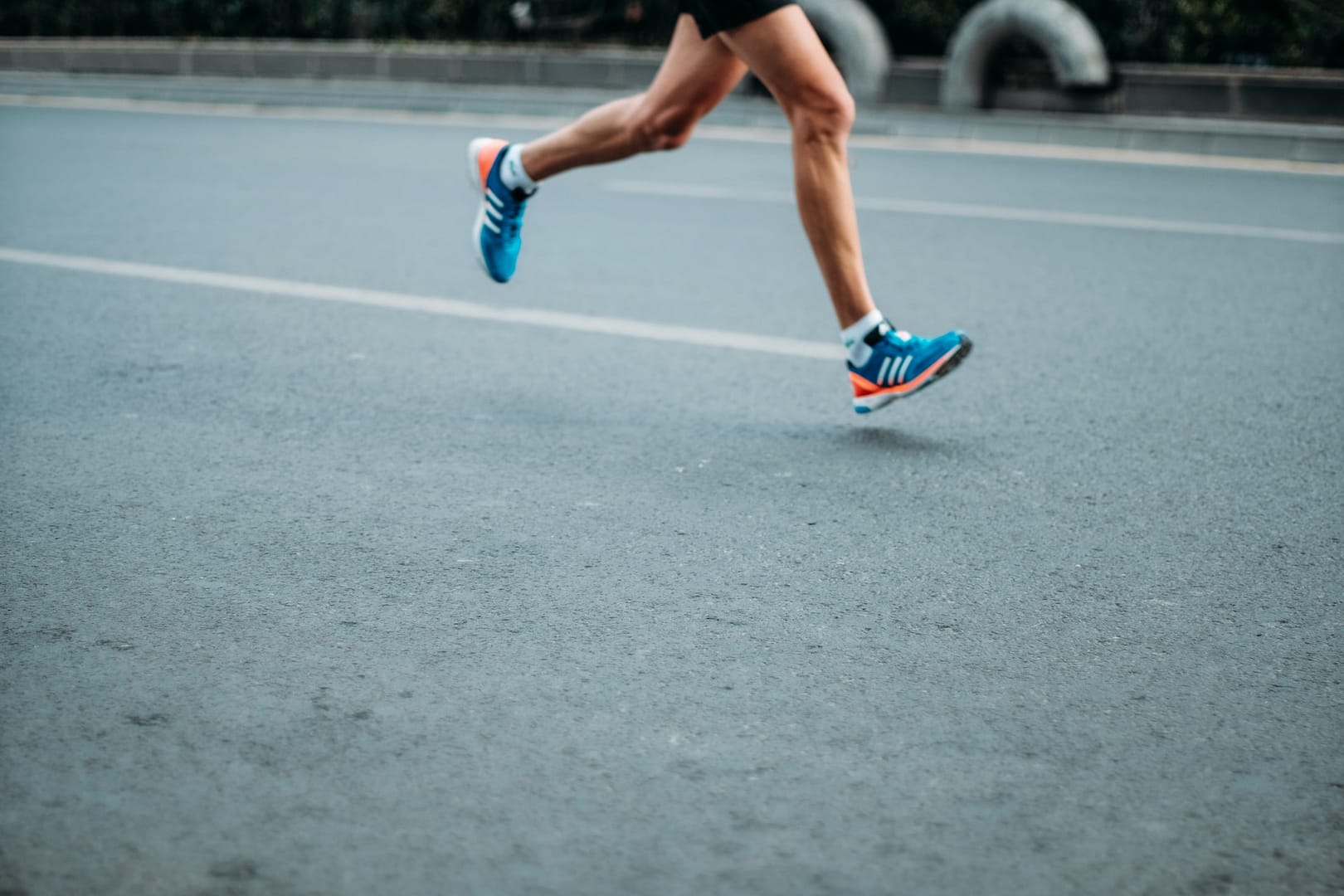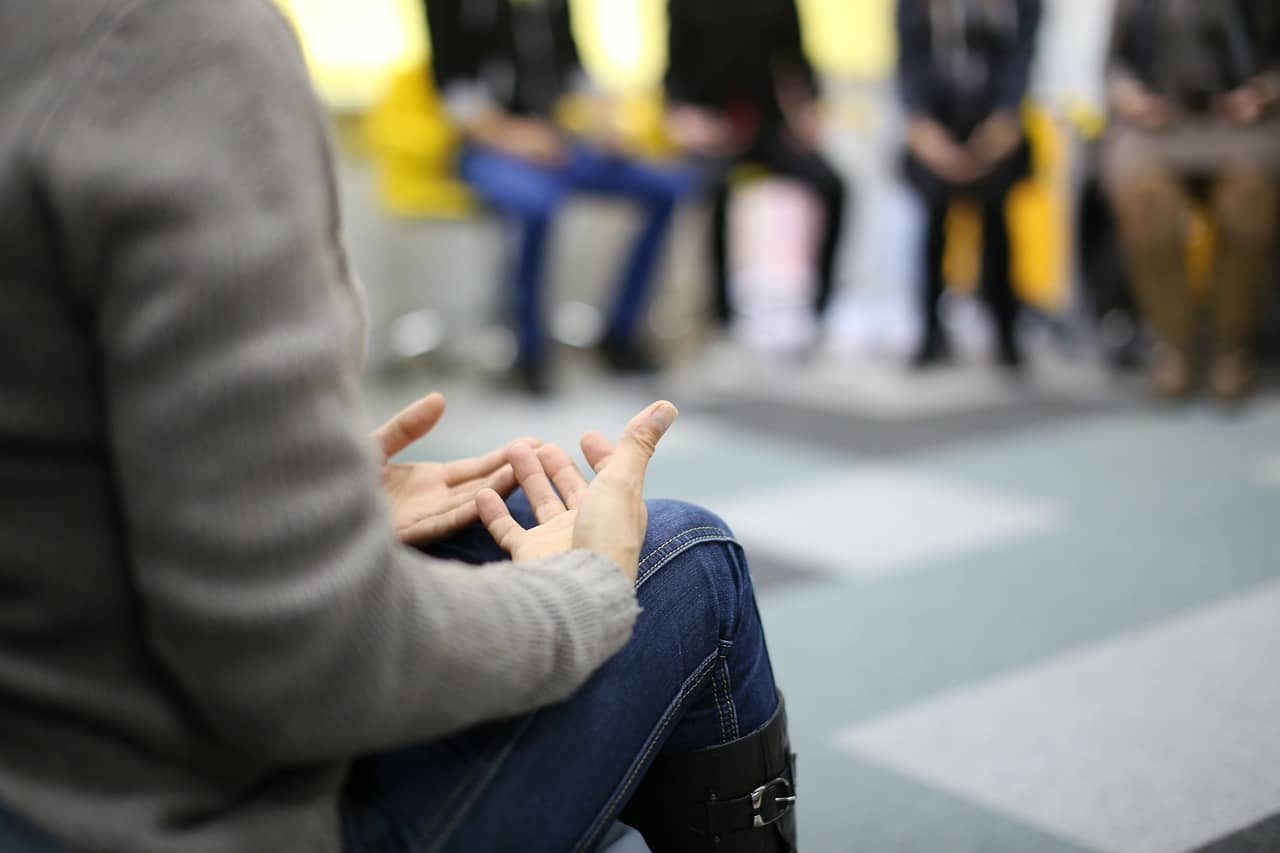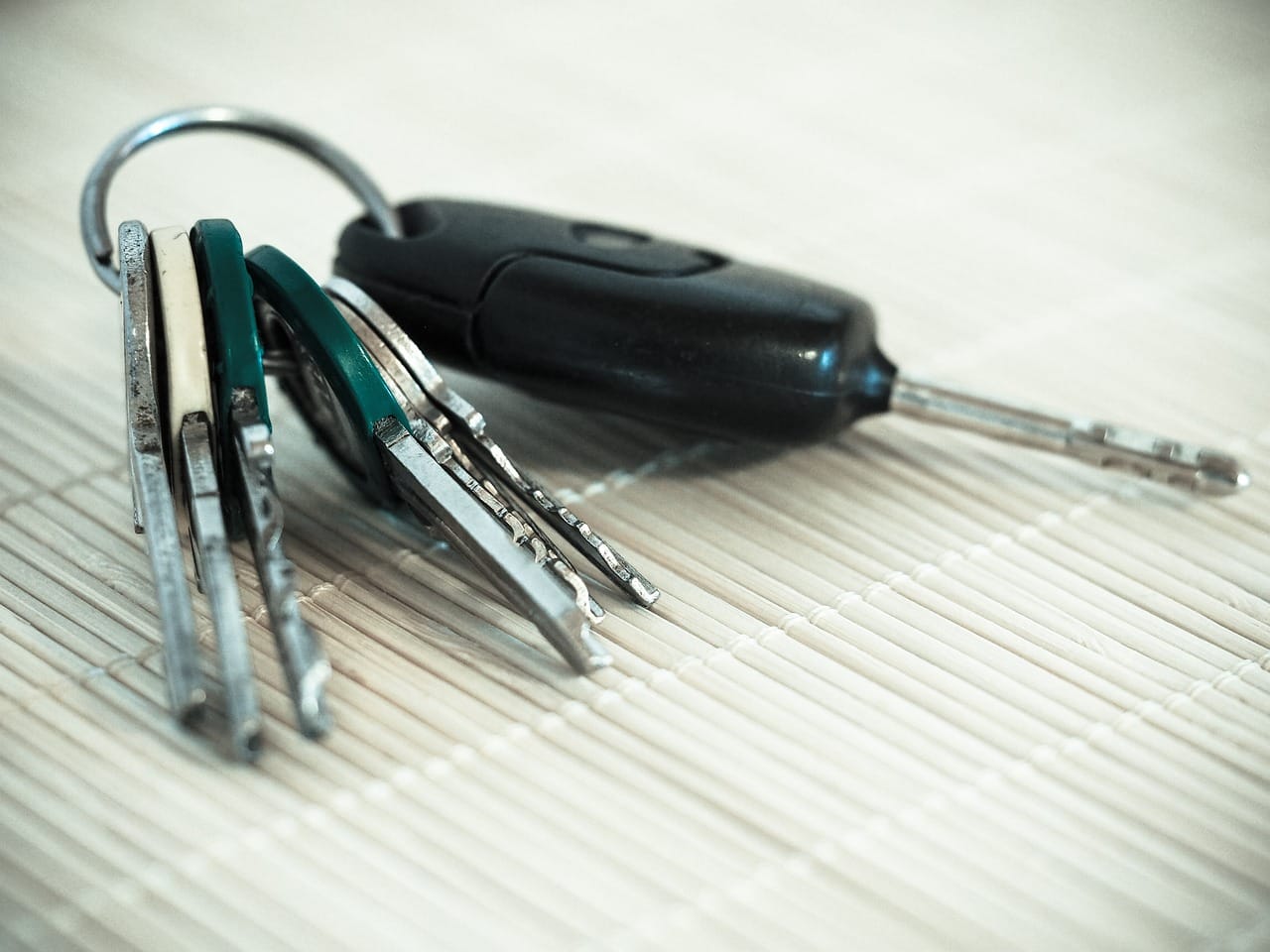If you or someone you know has experienced a brain injury, you understand the profound impact it can have on daily life. From changes in cognitive abilities to physical limitations, the road to recovery can be challenging. However, active rehabilitation plays a crucial role in improving outcomes and regaining independence. In this article, we’ll explore what active rehabilitation for a brain injury entails and delve into the specific activities that can make a significant difference in the recovery process. We will also explore how best to make a serious injury claim with us at National Claims.
What is Active Rehabilitation for a Brain Injury?
Active rehabilitation, also known as neuro-rehabilitation, is a specialised therapy aimed at helping individuals recover and regain function following a brain injury. Unlike passive treatments, this approach focuses on empowering patients to take an active role in their recovery. By engaging in targeted activities that stimulate brain function and enhance physical well-being, patients can work towards rebuilding their abilities and improving their quality of life.
Active rehabilitation is typically tailored to the specific needs and challenges of each patient. It may involve a multidisciplinary team of healthcare professionals, including physiotherapists, occupational therapists, speech therapists, neuropsychologists, and more. Together, they create a personalised rehabilitation plan that addresses cognitive, physical, emotional, and social aspects of recovery.
The primary goal of active rehabilitation is to optimise the brain’s natural ability to adapt and heal, a process known as neuro-plasticity. Neuro-plasticity refers to the brain’s remarkable capacity to reorganize itself by forming new neural connections. By engaging in targeted activities and therapies, individuals with brain injuries can leverage this ability to enhance their recovery and improve overall function.
Activities That Can Help Following a Brain Injury
Recovering from a brain injury is a unique journey for each individual. The specific activities recommended will depend on the type and severity of the injury, as well as the individual’s goals and progress. However, there are several core activities commonly incorporated into active rehabilitation programs that can benefit most individuals following a brain injury.
Physical Therapy
Physical therapy plays a vital role in helping individuals regain mobility and strength following a brain injury. Therapists work closely with patients to develop exercises and activities that target balance, coordination, and muscle function. These activities may include:
- Gait training to improve walking patterns.
- Balance exercises to reduce the risk of falls.
- Range of motion exercises to prevent joint stiffness.
- Strength training to build muscle mass.
- Physical therapy not only aids in physical recovery but also boosts confidence and independence in daily activities.
Occupational Therapy
Occupational therapists focus on helping individuals relearn essential life skills and regain independence in activities of daily living (ADLs). They work on improving fine motor skills, cognitive abilities, and adaptability to new circumstances. Activities may include:
- Learning to dress and groom independently.
- Practising meal preparation and cooking.
- Developing strategies for memory and attention.
- Using adaptive equipment to facilitate tasks.
- Occupational therapy aims to enhance the quality of life by enabling individuals to participate in meaningful activities and routines.
Speech and Language Therapy
Brain injuries can often lead to communication and swallowing difficulties. Speech and language therapists specialise in addressing these challenges. They help individuals regain language skills, improve speech articulation, and manage issues related to swallowing. Activities may involve:
- Speech exercises to improve clarity.
- Language games to enhance vocabulary and comprehension.
- Techniques to improve swallowing function.
- Speech therapy is crucial for restoring effective communication and ensuring nutritional needs are met.
Cognitive Rehabilitation
Cognitive rehabilitation focuses on retraining cognitive functions such as memory, attention, problem-solving, and executive functioning. Activities are tailored to the individual’s cognitive strengths and weaknesses and may include:
- Memory games and exercises.
- Attention and concentration tasks.
- Cognitive-behavioural therapy for emotional regulation.
- Problem-solving and decision-making challenges.
- Cognitive rehabilitation helps individuals regain mental clarity and improve their ability to manage daily tasks and responsibilities.
Psychological Support and Counseling
Emotional and psychological well-being is an integral part of the recovery process following a brain injury. Coping with the changes and challenges that arise can be overwhelming. Psychological support and counselling provide a safe space for individuals to express their feelings and develop coping strategies. Activities may involve:
- Individual therapy sessions.
- Group therapy for peer support.
- Stress management and relaxation techniques.
- Goal setting and resilience-building activities.
- Addressing the emotional aspects of recovery is essential for overall well-being and adjustment to life post-injury.
Recreational Therapy
Recreational therapy focuses on enhancing physical, emotional, and social well-being through enjoyable and meaningful leisure activities. By participating in these activities, individuals can boost their mood, motivation, and overall outlook on recovery. Common examples include:
- Arts and crafts to foster creativity and relaxation.
- Adaptive sports to improve physical fitness and teamwork.
- Music therapy for emotional expression and stress relief.
- Gardening and horticultural therapy to nurture a sense of connection with nature.
This approach helps individuals experience a sense of accomplishment and joy, fostering a more positive and proactive mindset toward recovery.
Community Reintegration
Reconnecting with the community and social support networks is a vital aspect of brain injury recovery. Activities may include:
- Participating in community events and outings.
- Joining support groups for brain injury survivors.
- Volunteering or engaging in community service.
- Re-establishing social connections and relationships.
- Community reintegration helps individuals rebuild their social networks and regain a sense of belonging.
Making a Serious Injury Claim with National Claims
In cases where a brain injury resulted from an accident or negligence, it may be necessary to consider making a serious injury claim. National Claims is an organisation that specialises in assisting individuals in the UK with such claims. We understand the complexities of dealing with legal matters while recovering from a brain injury, and our claims specialists provide expert guidance and support throughout the claims process.
To initiate a serious injury claim with National Claims, follow these steps:
Contact National Claims
Reach out to National Claims either by visiting our site or giving us a call. We will schedule a consultation to assess the details of your case.
Consultation and Assessment
During the consultation, our claims specialists will evaluate the circumstances of the brain injury, including the cause, impact on your life, and potential liability of other parties.
Legal Representation
If they believe you have a valid claim, We will provide legal representation to advocate for your rights and compensation.
Gathering Evidence
We will work to gather all necessary evidence to support your case, including medical records, witness statements, and expert opinions.
Negotiation and Settlement
We will engage with insurance companies or responsible parties to negotiate a fair settlement on your behalf.
Compensation
If successful, you will receive compensation that can help cover medical expenses, rehabilitation costs, lost wages, and other damages related to the brain injury.
Our expertise in handling serious injury claims can alleviate some of the stress associated with the legal aspects of a brain injury recovery, allowing you to focus on your rehabilitation and well-being.

Conclusion
Recovery from a brain injury is a challenging journey that requires dedication, support, and a comprehensive approach to rehabilitation. Active rehabilitation, encompassing physical, cognitive, and emotional activities, is a key component of this journey. It empowers individuals to regain independence and improve their overall quality of life.
Remember that every brain injury is unique, and rehabilitation plans should be personalised to address individual needs and goals. Seeking professional guidance and support from National Claims can make a significant difference in your recovery and help you navigate the legal aspects of a brain injury claim if necessary.
Through determination and the right resources, individuals can make remarkable strides in their recovery, restoring hope and the possibility of a fulfilling life after a brain injury.
Contact us today to start your claim and speak to one of our claims specialists to help you.
Click below to see why we are one of the most trusted claims management companies in the UK.

We’re proud of our excellent customer reviews
We thrive on delivering exceptional service and ensuring our clients’ satisfaction. Don’t just take our word for it. Check out some of our independent reviews to see what our clients have to say.
Excellent

This firm is excellent, they sorted out my car pay out and injury claim very fast, they always communicate with you all the time.

My accident case was dealt with confidence and with great result of the outcome, especially James kept me informed all the time.

I was very impressed at the way my inquiry was treated. I was listened to attentively and everything I needed to know was explained to me.






